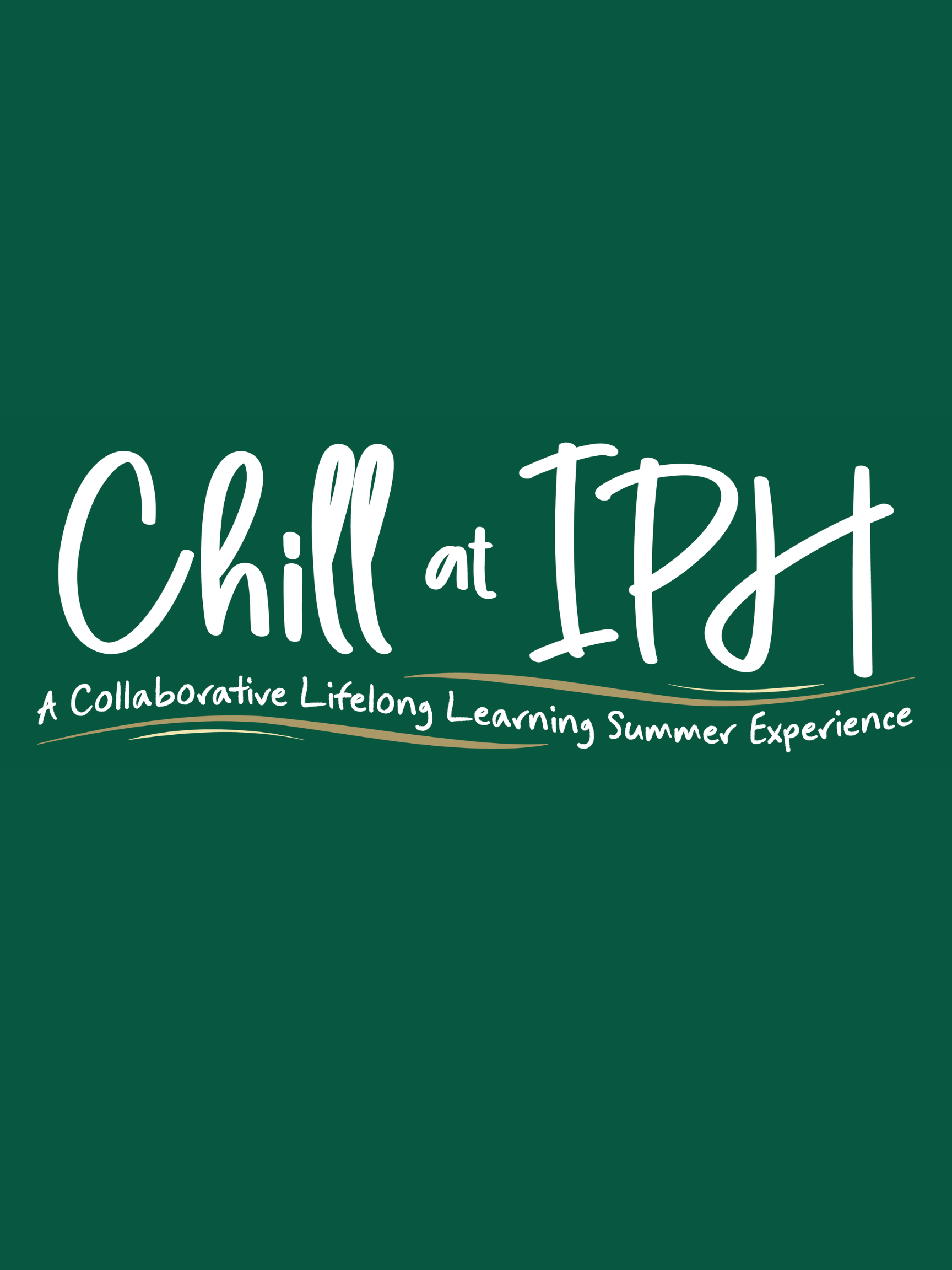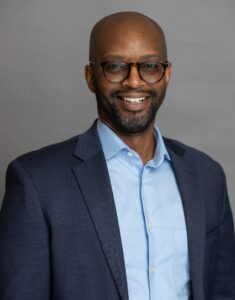
Charlotte — A Center of the Civil Rights Movement
Run Time: 120 min.
Session IV: “Charlotte — A Center of the Civil Rights Movement,” taught by Willie Griffin, Ph.D.
July 8 and July 10; July 15 and July 17
10am – 12pm
What if you heard that Charlotte was an important center of the National Civil Rights Movement? You might respond in the affirmative, “Of course it was!” Many would point to the landmark Swann v. Charlotte-Mecklenburg Board of Education (1970) Supreme Court busing decision. Indeed, the Swann decision provided the legal precedent to help realize the previous mandate of Brown v. Board of Education Topeka, Kansas (1954), but in this short course you will discover that the Swann ruling represented the culmination of decades of progressive civil rights activism from local people whose leadership inspired and informed more well known movement events, organizations, and icons such as the Montgomery Bus Boycott, the Southern Christian Leadership Conference, the Student Non-Violent Coordinating Committee, Rosa Parks, and even Martin Luther King, Jr. Have you heard of Lillian Redding, Trezzvant Anderson, Kelly Alexander, Sr., Reginald Hawkins, Allegra Westbrooks, or Bertha Maxwell Roddey? Come and learn about and be inspired by these trailblazers!
Meet your instructor:
 Dr. Willie Griffin is Assistant Professor of History at UNC Charlotte and an expert on Charlotte’s local history. He has several years of experience as staff historian at The Levine Museum of the New South in Charlotte, is on the board of directors of Historic Elmwood Pinewood Inc. His forthcoming book, Come Out Fighting: Trezzvant W. Anderson, the Black Press, and Twentieth Century Black Freedom Struggle in the New South, focuses on Anderson (1906-1963), a Charlotte native, black press activist, and organized labor advocate whose work informed, inspired, and documented African Americans’ grassroots and labor activism across four decades throughout the South and military activism abroad during World War II. His recent talks include the topics “Historic Black Charlotte,” “The Clerk and the Postmaster: A Story of the Local Struggle for Equal Employment,” Brooklyn: A Brief History and Conversation with Former Residents,” “A Forgotten Legacy of Black Wall Streets, USA,” and “Local People in Charlotte Civil Rights Movement.” He teaches graduate level courses that include Oral History Theory and Practice and Museum Studies and an undergraduate level African American History as Public History, among many other courses.
Dr. Willie Griffin is Assistant Professor of History at UNC Charlotte and an expert on Charlotte’s local history. He has several years of experience as staff historian at The Levine Museum of the New South in Charlotte, is on the board of directors of Historic Elmwood Pinewood Inc. His forthcoming book, Come Out Fighting: Trezzvant W. Anderson, the Black Press, and Twentieth Century Black Freedom Struggle in the New South, focuses on Anderson (1906-1963), a Charlotte native, black press activist, and organized labor advocate whose work informed, inspired, and documented African Americans’ grassroots and labor activism across four decades throughout the South and military activism abroad during World War II. His recent talks include the topics “Historic Black Charlotte,” “The Clerk and the Postmaster: A Story of the Local Struggle for Equal Employment,” Brooklyn: A Brief History and Conversation with Former Residents,” “A Forgotten Legacy of Black Wall Streets, USA,” and “Local People in Charlotte Civil Rights Movement.” He teaches graduate level courses that include Oral History Theory and Practice and Museum Studies and an undergraduate level African American History as Public History, among many other courses.
